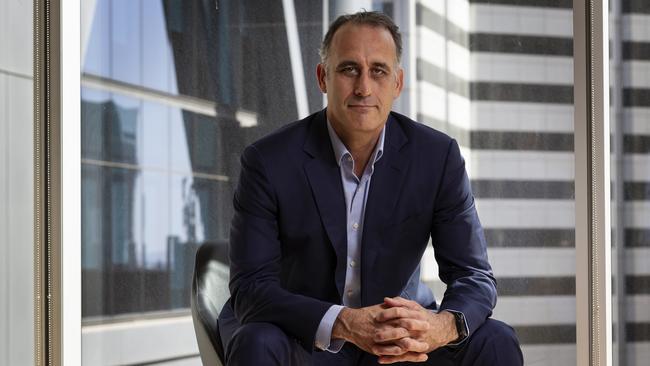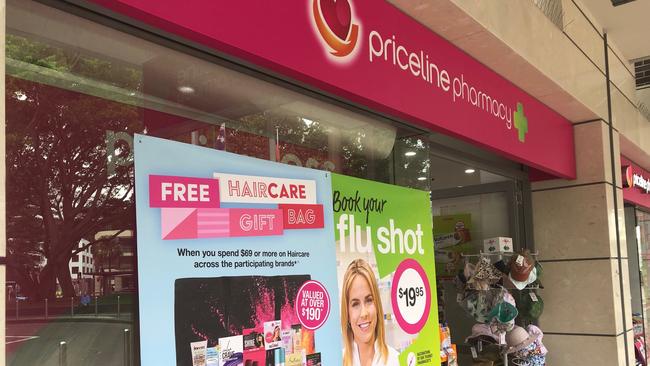Analysts say Wesfarmers will need to invest in API to make it competitive
Analysts say Wesfarmers will gain few immediate synergies from a takeover of API and are wary about the investment required.

Wesfarmers is tipped to gain few immediate synergies from an acquisition of Australian Pharmaceutical Industries and will need to invest further capital in the retail pharmacy group to ramp up its underperforming supply chain and competitiveness, say analysts.
However the deal would create what could be a strong base for future growth as the Covid-19 pandemic recedes.
Sitting on billions of dollars of excess capital and cash following a series of asset sales, Wesfarmers is looking for deals as well as a capital return to shareholders.
Wesfarmers’ chief executive Rob Scott on Monday unveiled the next part of his growth strategy when the conglomerate made a $1.38 per share takeover for API, implying a $1bn total enterprise value for the pharmaceutical and retail business.
The bid itself, worth $687m, would give Wesfarmers ownership of a major player in the pharmaceutical sector as well as a strong retail arm, with API’s ownership of the Priceline retail banner. If the bid was successful, Mr Scott said API would “form the base” of a new division inside Wesfarmers.
However, analysts remain sceptical about the short-term synergies of the API deal and wary about the further capital investment needed in supply chains, product innovation and retail businesses to make API a more competitive player.
“We see few synergies to arise from the acquisition and see this as a strategic move by Wesfarmers to position for earnings growth in a post-COVID environment,” Citi analyst James Wang said in a note to clients.
“We expect few synergies to arise from this acquisition given API operates in a distinct vertical to Wesfarmers’ other businesses.
“Management has called out API as the base to grow from for a new healthcare division, suggesting this is a strategic acquisition in pursuit of growth opportunities in a post-Covid environment.”

Citi estimates that the deal, if completed, would be around 1.7 per cent earnings per share accretive for Wesfarmers.
“The relative impact of the API acquisition will be small if accepted and given there are few synergies, Wesfarmers will need to invest further in the business to realise potential growth opportunities,” Citi said.
Morgans analyst Alexander Lu said API could form the base of a new division for Wesfarmers based around healthcare and beauty, bringing with it attractive growth opportunities, but concurred with Citi that further investment in the API business was required.
“We think the health, wellbeing and beauty sector can provide long-term growth opportunities, but will require Wesfarmers to invest in API’s supply chain, systems and product range to improve its competitiveness and operating efficiency,” Mr Lu said.
“We believe this is possible given Wesfarmers’ strong retail and supply chain capabilities but is likely to take a number of years.”
The Morgans analyst said he could see the rationale for Wesfarmers entering the health, wellbeing and beauty sector given its attractive and defensive growth qualities over the long term. However, he added that industry margins are low (fiscal 2020 EBIT margin for the main players: API 1.4 per cent; EBOS 3 per cent; and Sigma 0.9 per cent) with API being negatively impacted by Covid-related retail store closures over the past 15 months.
Morgan Stanley analyst Niraj Shah said at face value, the proposed transaction was relatively small but Wesfarmers said API would form “the basis of a new healthcare division” and presumably a platform for growth in the health/wellbeing sector.
Mr Shah said total revenue within the Australian cosmetics and toiletry retailing market is $4.4bn, with API having an 8 per cent share. Pharma wholesaling industry revenue is $13.9bn, with API claiming a 20 per cent share.




To join the conversation, please log in. Don't have an account? Register
Join the conversation, you are commenting as Logout